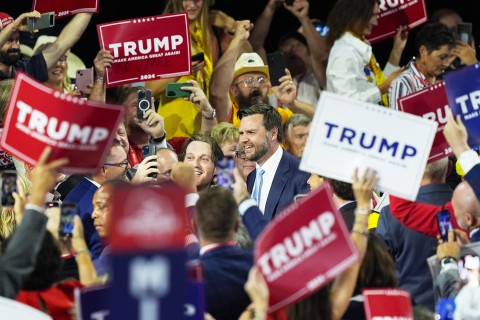Taxes, clergy and the state
My church's neighbors down the street at the Freedom From Religion Foundation went next door to the Federal District Court and achieved a ruling that’s been a long time coming: revoking the clergy housing allowance tax exemption. In case you don’t know about this benefit, clergy are able to exclude from taxable income up to the fair market rental value of their housing (that’s in addition to being able to take the mortgage exemption).
There are some pretty good reasons for this exemption. Clergy tend to be mobile (serving roughly five years in a particular congregation), and traditionally many clergy have lived in housing owned by churches. The tax exemption was intended to equalize the situation for clergy who provided their own housing. Because salaries for clergy tend to be lower than in the secular world, the housing allowance is especially important for clergy serving smaller, rural, or inner city churches. But it is rife for abuse, and the regular media reports of the lavish lifestyles led by megachurch pastors (the pastor of a Charlotte megachurch is building a multi-million dollar mansion) make the exemption in its current form hard to defend.
Simply revoking the exemption seems fairly simple, but the implications are significant. For example, will clergy who live in church-owned housing be subject to tax on the value of the housing they receive? What about members of religious orders who live in community and receive little or no salary? Will their room and board be taxable income?
My Twitter and Facebook feeds have been full of comments about this action, and no doubt if allowed to stand, the decision will have an enormous impact on the income of clergy. There are already significant challenges facing smaller churches. More and more congregations are finding it difficult to fund full-time clergy. The ruling would hurt clergy at the lower end of the income spectrum, and it would hurt churches that serve low-income and minority communities. Wealthy churches and their pastors have little to worry about. If a pastor is able to build a million-dollar mansion, he can easily pay income tax on it as well.
But there’s a larger issue here, too. I’m sure the FFRF has its eyes on a much bigger prize: churches’ property tax exemption. The situation is rather different because nonprofits of all sorts (universities, hospitals, etc.) are exempt from paying property taxes as well as churches. If that exemption goes, I’m not sure how a congregation like mine would survive. I shudder to think what our property tax bill might be, certainly in six figures. Our budget can’t sustain that kind of a hit, and it’s not like we could sell a building that’s a national landmark.
This is one of those situations that could hit our pocketbooks and the budgets of our congregations quite hard. Our first response might be anger or concern for our economic well-being. I’m sure some will cite this as another example of the persecution of Christians by our secular culture. I think it’s important that clergy, congregations, denominations and other religious traditions work together to develop a response to this issue that focuses on creating a just and equitable solution for clergy. As written, the law is the relic of another age and needs to be revised. There are other issues, too. For example, clergy are considered self-employed for tax purposes. But I’m doubtful that in our current political and cultural climate, a more rational law is possible.
Originally posted at Fr. Jonathan's Blog





